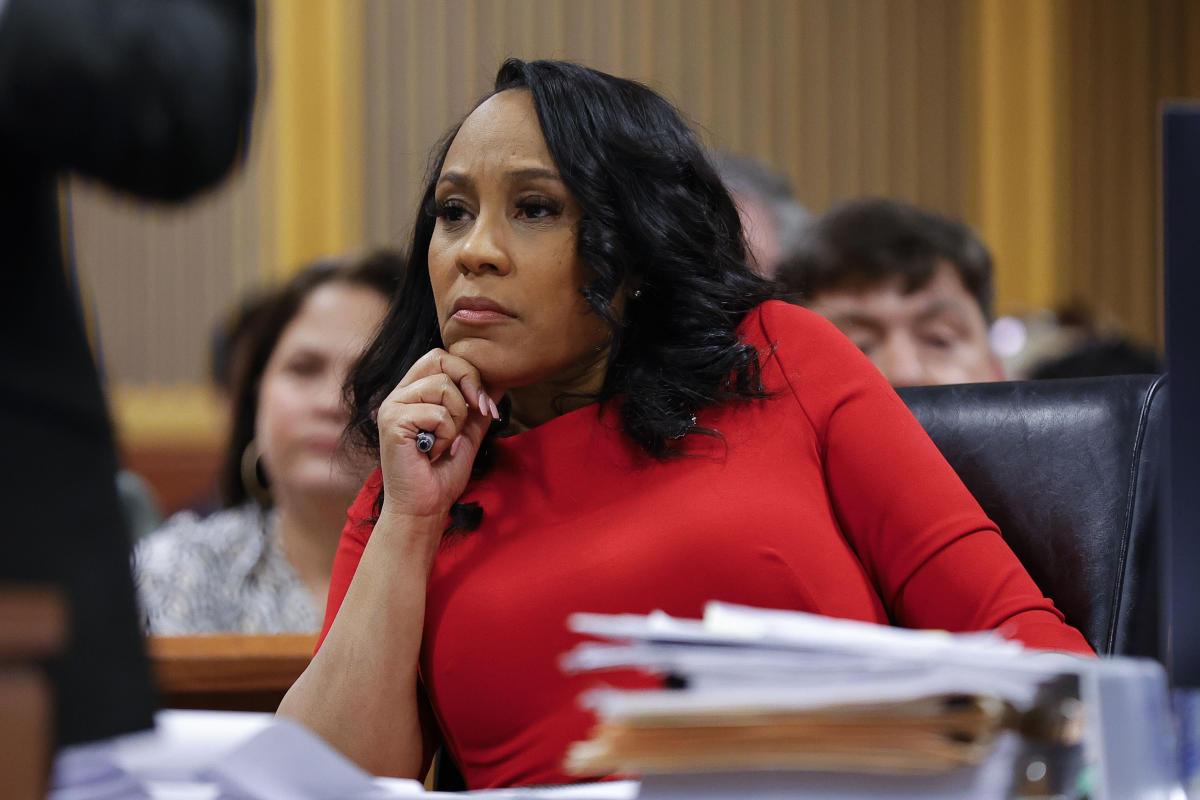LAS VEGAS — As the calendar gets ready to flip to February and the remaining Republican presidential candidates move on from the early nominating states of Iowa and New Hampshire, it’s Nevada — not South Carolina — that’s next on the schedule.
Former President Donald Trump will campaign in Las Vegas on Saturday, while Nikki Haley, a former governor of South Carolina, has so far ignored the state. In a confusing and complicated process, the two candidates will not appear on the same ballot in Nevada.
Here’s what you need to know about Nevada’s upcoming nominating contests.
Sign up for The Morning newsletter from the New York Times
When are the Nevada primary and caucus? How can I vote?
The Nevada primary, which the state is running, will be Feb. 6. Early in-person voting begins Saturday, and runs through Feb. 2, according to the Nevada secretary of state’s office. In-person polling places will be open the day of the primary as well, though voters can choose to vote by mail. All registered voters received a ballot in the mail.
Meantime, the Nevada Republican Party has chosen to hold a party-run caucus from 5 to 7:30 p.m. Feb. 8. Republicans can look up their precinct locations online, but the caucus itself is entirely in person. A valid government ID is required to vote.
Why is Nevada having both a primary and a caucus?
Nevada has held a caucus for decades. But in 2021, the state passed a law replacing the caucus with a primary, in large part because of flaws in the reporting process for the 2020 Democratic caucus.
Republicans objected to the new system, including its vote-by-mail process, and decided to hold a caucus after suing unsuccessfully to get the primary thrown out. The state party decided that only the results of the caucus — and not those of the primary — would determine the allocation of delegates who count toward the nominating process.
The state party also said that any candidate who chose to participate in the primary would not be eligible for its caucus, meaning that presidential hopefuls had to pick which contest to compete in.
Republican voters can vote in both the primary and the caucus, if they want.
Confused? You’re not alone. Even Nevada Republican Gov. Joe Lombardo criticized the process, saying in a local news interview last year that it would be “detrimental to the candidates” and would “disenfranchise a number of voters.”
Who is on the ballot in each contest?
Haley chose to appear on the primary ballot, and she is the only major Republican candidate left in the race who will be on it. “None of These Candidates” will be an option.
Trump elected to participate in the caucus, and he is the only major candidate left in that contest. So while Haley is expected to win the primary, Trump is all but guaranteed to take the caucuses, earning 26 delegates along the way. No matter the outcome in either contest, Haley will not earn any.
Critics of the split primary-caucus system have said it was designed to benefit Trump, who has close ties with the Nevada Republican Party. Prominent political analysts and Trump’s rivals alike have suggested the process was “rigged” for the former president.
Still, Haley could have chosen to fight Trump for delegates by appearing on the caucus ballot, and the state party has denied that it set up the caucus to benefit him.
What about Democrats?
The Nevada Democratic Party will hold one election, a primary, on the same day as Nevada Republicans, Feb. 6. President Joe Biden will appear on the ballot, as will self-help author Marianne Williamson. Rep. Dean Phillips of Minnesota, another of Biden’s long-shot challengers, chose not to compete in Nevada.
Nevada has a closed primary system — Democrats can vote only in Democratic elections, and Republicans can vote only in Republican ones. Independent or nonpartisan voters cannot vote in either primary unless they choose a party affiliation during early voting or on the day of the election. In order to participate in the Republican caucus, voters needed to have registered as Republicans in Nevada by Jan. 9.
c.2024 The New York Times Company
Signup bonus from




